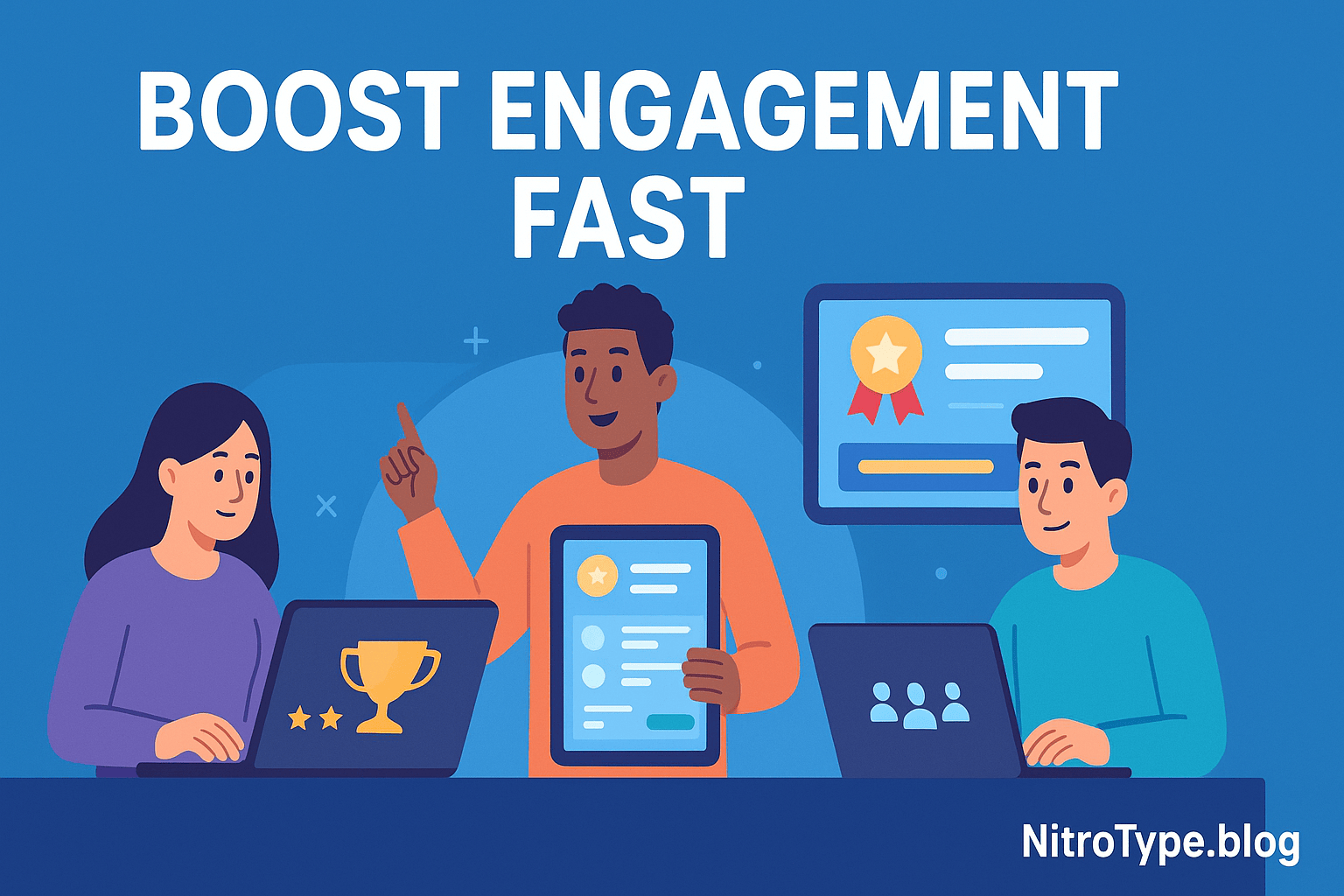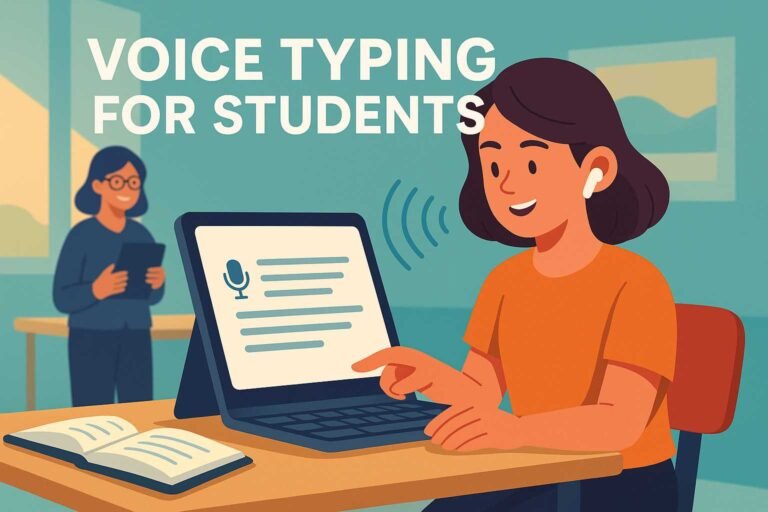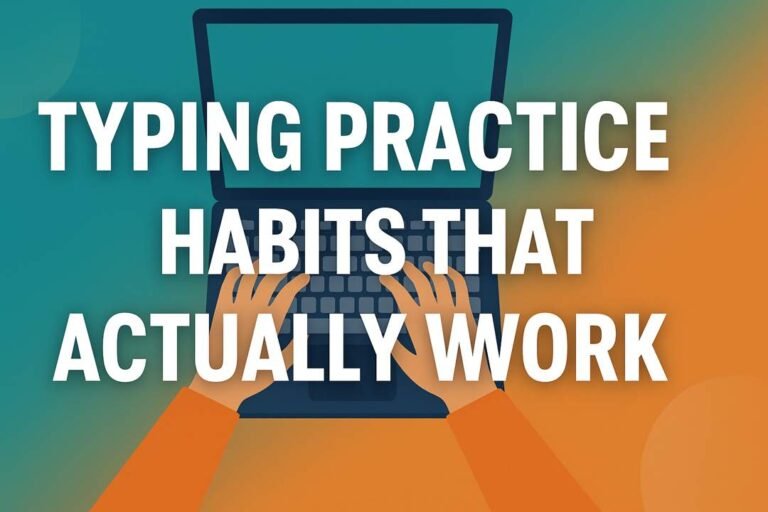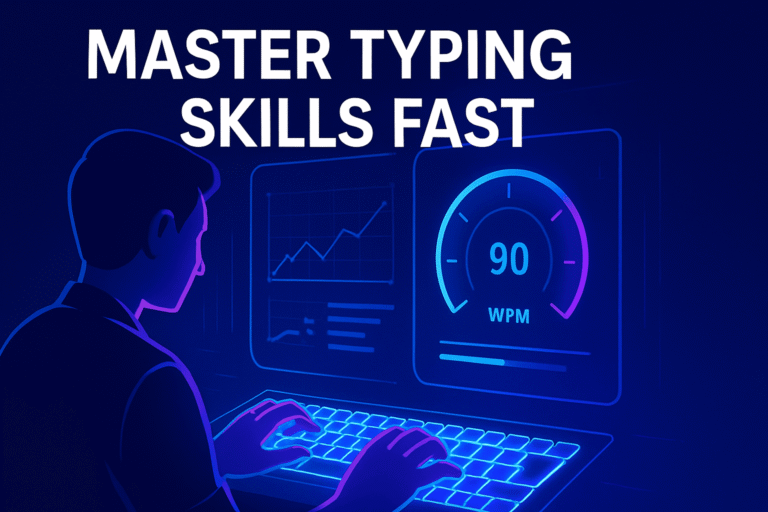Gamified E-Learning Modules: 7 Proven Strategies to Supercharge Learner Engagement
Online education is evolving at lightning speed, but one challenge remains: keeping learners motivated from start to finish. That’s where Gamified E-Learning Modules come in. By weaving game mechanics—points, badges, leaderboards, rewards—into online courses, educators and trainers can turn dry lessons into interactive journeys that keep students hooked.
In this article, we’ll explore what gamified modules are, why they work, and seven proven strategies to help you create experiences that inspire participation and boost results.
Table of Contents
What Are Gamified E-Learning Modules?
Gamified e-learning modules are online learning experiences enhanced with elements typically found in games. These may include:
- Points and badges for achievements
- Leaderboards to encourage friendly competition
- Levels or milestones to track progress
- Quizzes and challenges to reinforce learning
- Instant feedback that rewards effort and improvement
The secret to their success lies in motivation psychology. Humans are wired to respond to rewards, progress indicators, and recognition. When applied thoughtfully, these elements transform an ordinary course into an engaging adventure.
To build these modules effectively, learners also need the right digital foundations—skills like adaptability and tool fluency. A helpful primer is Digital Dexterity Skills, which explains how tech confidence supports better outcomes in online training.
Benefits of Using Gamified E-Learning Modules
Adding gamification to your courses can unlock significant advantages:
- Increased engagement: Learners stay curious and motivated.
- Higher completion rates: Progress bars and badges encourage students to finish.
- Improved retention: Games stimulate active learning, helping content stick.
- Better performance tracking: Clear metrics let you see who’s excelling or needs support.
- Greater satisfaction: Fun elements make the process more rewarding.
According to research published on ElearningIndustry, well-designed gamification can improve learner retention by as much as 60%—a powerful reason to adopt it in your programs.
7 Proven Strategies to Supercharge Learner Engagement
1️⃣ Progress Tracking and Visible Milestones
Show learners where they stand. Dashboards, progress bars, or simple “level up” messages provide a sense of achievement and momentum.
2️⃣ Meaningful Rewards and Badges
Offer badges, certificates, or unlockable content tied to specific learning goals. Make sure rewards align with real-world skills or outcomes.
3️⃣ Leaderboards and Social Competition
Friendly competition drives participation, especially in collaborative environments. Allow learners to see their ranking—but make participation optional for inclusivity.
4️⃣ Microlearning Challenges
Short, focused lessons maintain attention spans. You can mix in quick skill-building activities, like Top Online Keyboard Test Tools 2025, which gamify practice in just a few minutes a day.
5️⃣ Storytelling and Branching Scenarios
Engage learners with immersive narratives. Let them make decisions and see the consequences unfold, turning learning into an interactive story.
6️⃣ Adaptive Difficulty and Personalization
Use AI-driven tools to adjust difficulty based on each learner’s progress. Personalization keeps challenges stimulating without overwhelming.
7️⃣ Instant Feedback and Reinforcement
Quizzes, pop-up tips, or congratulatory messages give immediate feedback, helping learners understand what they’ve mastered and where to improve.
Real-World Examples and Case Studies
- Education: Language learning apps like Duolingo thrive on game mechanics, using streaks, rewards, and friendly reminders to keep students engaged.
- Corporate Training: Sales onboarding programs often use leaderboards and simulations to accelerate learning.
- Homeschool Programs: A Typing Curriculum for Homeschool: 4-Week Plan illustrates how structured lessons with checkpoints can keep young learners excited about skill-building.
Design and Implementation Tips
- Align game elements with clear learning outcomes—points alone don’t equal progress.
- Keep interfaces clean and intuitive; clutter kills focus.
- Test with diverse learners to ensure accessibility and avoid alienating anyone with overly competitive elements.
- Balance fun and purpose: every game mechanic should reinforce your educational goal.
Trends Shaping the Future of Gamified E-Learning
The next wave of gamification blends technology with creativity:
- AI-powered personalization tailors challenges in real time.
- AR and VR simulations let learners “step inside” training scenarios.
- Mobile-first microlearning supports on-the-go engagement.
- Social learning cohorts add collaboration to individual progress.
These trends promise richer, more immersive gamified e-learning modules for years to come.
Challenges and How to Overcome Them
While gamification offers huge benefits, it’s not without pitfalls:
- Overemphasis on rewards can distract from real learning.
- Developing sophisticated modules may require time and budget.
- Designers must consider accessibility to ensure fair participation for everyone.
Pilot-testing with a small audience and gathering feedback can help fine-tune balance and usability.
Conclusion
Gamified E-Learning Modules aren’t just a passing trend—they’re reshaping how people learn in schools, businesses, and personal projects. By applying the seven strategies above, you can transform your online courses into experiences learners genuinely enjoy.
Start small: add a progress bar, create a badge system, or incorporate an interactive scenario. Over time, these elements will turn your content into a dynamic journey that educates, motivates, and inspires.

Hi, I’m Kamran Khatri, the author behind NitroType.blog. I share typing speed tips, Nitro Type updates, gaming tricks, and productivity hacks to help you type faster and smarter. My goal is to make typing fun while helping you improve your skills like a pro. If you’re passionate about typing or want to level up your Nitro Type game, you’re in the right place!







